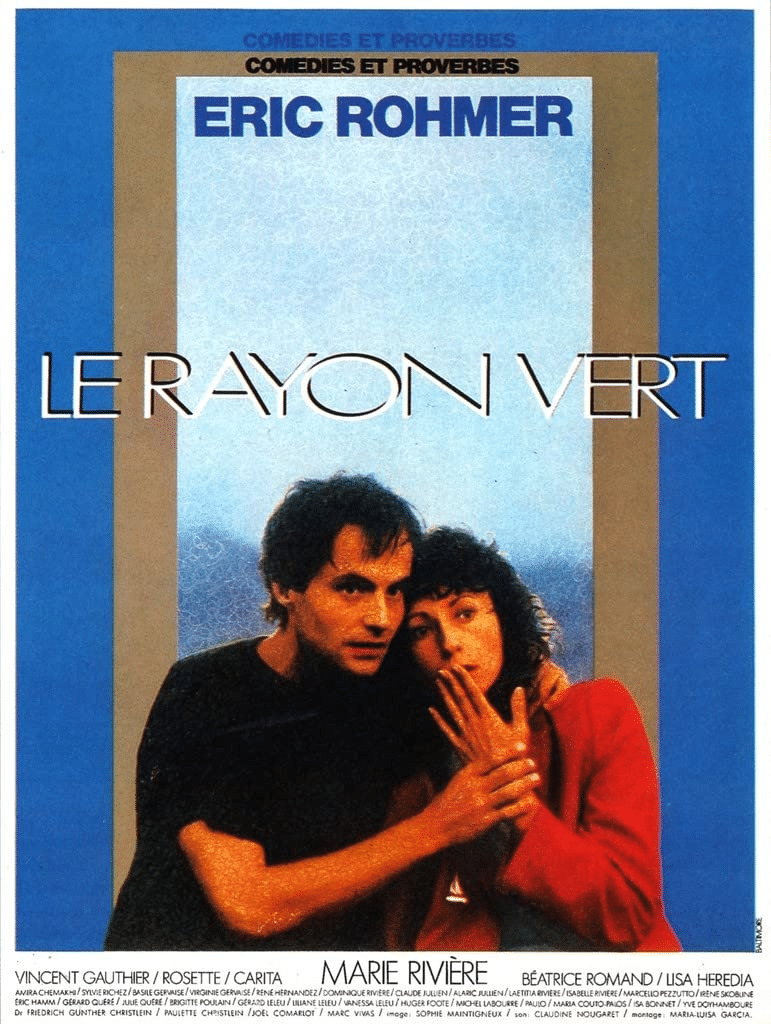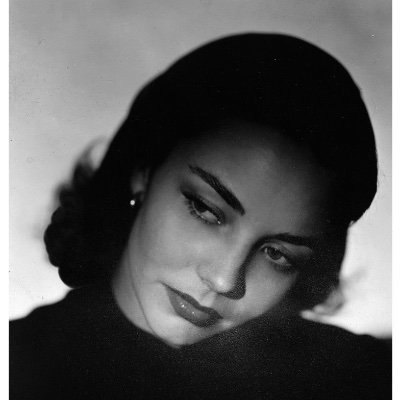
- Starring
- Marie Rivière, María Luisa García, Vincent Gauthier
- Writer
- Éric Rohmer
- Director
- Éric Rohmer
- Rating
- R (United States)
- Running Time
- 98 minutes
Overall Score
Rating Summary
As with most Éric Rohmer films, the power of The Green Ray sneaks up on viewers, rather than being immediately obvious. For most of its running time, it seems exceedingly gentle, relaxed and ordinary. There have been plenty of character studies about people trying to find love at a point in their lives when it is inconvenient. That means that they often tend to blend together and it is difficult to draw unique insights out of them. It is painful to watch a version of that story that ends with some conclusion that implies that smiling more or believing in the power of positivity will solve all of your emotional problems. There usually needs to be an acknowledgement of the fact that all happiness is fleeting and everybody has a fragile mental state. the film is smart enough to go deeper than most films in the ‘depressed middle class European woman goes on vacation and meets a variety of exasperating men genre. It’s sensitive, carefully crafted and full of audacious touches that have a slight air of pretension about them.
The Green Ray follows Delphine (Rivière), a nervous Parisian who is upset when her boyfriend breaks up with her over the phone. They had been in a committed relationship and she had based her plans for the summer around the two of them. The break-up throws her carefully made plans into turmoil and she begins to feel lonely when she notices that everybody else seems to be happily coupled up. She decides that she still wants to leave Paris over summer but can’t quite figure out what she wants to do. When she sees other people who are happy in love, it depresses her, but she also doesn’t want to spend time with other single people. Her skittishness in the presence of men, causes them to believe that she is not interested in them. She pushes them away and doesn’t end up having the fulfilling romance that she had been searching for. Her views on life and the journey that she should take begin to change when she chooses to take charge and be decisive for once.
Delphine is a marvelous character because she isn’t somebody who outwardly appears to be a hot mess or a failure in life. All of her socially awkward behavior, walks right up to the boundary of being unacceptable, without quite reaching it. She’ll start crying at an inappropriate time in the middle of a garden party and her friends will cluck their tongues and whisper about her in the corner. It’s annoying that she can’t bring herself to let loose or abandon all of her weird hang-ups, but that’s just the way she is. None of her problems are significant enough to warrant an intervention or medical treatment. She seems to be aware of this fact and this is one of the things that makes her predicament so difficult to handle. Being gripped with vague ennui is not something that is easy to describe and, at several points, she alienates the people around her by complaining about her own life. There were points where one can’t help but finch at her putting her foot in her mouth or freezing up in the middle of a social event and running away from it. This is relatable behavior as it is difficult not to remember times in one’s life when they’ve felt similarly powerless in the face of your emotions.
Rohmer’s use of locations in The Green Ray also stands out. He doesn’t try to turn this into a travelogue film in the style of Two for the Road or The Sundowners. Part of the point of Delphine’s journey is that no seaside resort is going to be picturesque enough to make her happy. Because of social pressure, she feels like she needs to go on vacation. If she didn’t, people would look at her quizzically and wonder why she chooses to be alone. This is a common pressure that people face and it is odd that we all assume that happy people are naturally extroverted. The script makes an argument in favor of having time to yourself, in which you can actually reflect on all of the advice that you have gathered. It’s much easier to feature a scene in which a group of friends happily laugh together at a dinner party, than a long take of one actor slowly coming to a realization without employing dialogue or having anybody to bounce off of. There is something brave about trusting that the audience will continue to remain invested as Rivière despondently gazes into the ocean. He doesn’t give her an exotic lover or a kooky friend as a stand-in for character development. He lets her go through an uncomfortable, often humiliating development and leaves us to determine whether she has turned over a new leaf.
The Green Ray bounces along at its own pace and it never felt as though Rohmer was desperately trying to get from one formulaic plot beat to the next. His approach is perfect in so many ways, yet there were times when it could’ve been just a little bit tighter. The improvisation of the actors would occasionally yield natural, unaffected discussions that pierced right to the core of issues that were very topical in 1986. There were other points where a bit more structure would have benefitted certain scenes. When Delphine decides to spend time with her married friends, she has a lot of repetitive conversations. Though this was surely part of the point that Rohmer wanted to make, he should have found a way to give these scenes a bit of extra oomph. They truly dragged in comparison to the other, more dynamic sections of this story. It’s only a minor issue, but it did begin to wear on my mind. When Rohmer had such control of tone in other scenes, it was disappointing that he could not maintain consistency.
still courtesy of Janus Films
Follow me on Twitter.
If you liked this, please read our other reviews here and don’t forget to follow us on Twitter or Instagram or like us on Facebook.

I am passionate about screwball comedies from the 1930s and certain actresses from the Golden Age of Hollywood. I’ll aim to review new Netflix releases and write features, so expect a lot of romantic comedies and cult favourites.
Discover more from
Subscribe to get the latest posts sent to your email.
